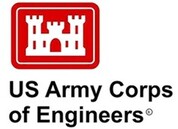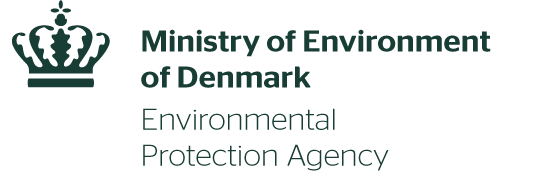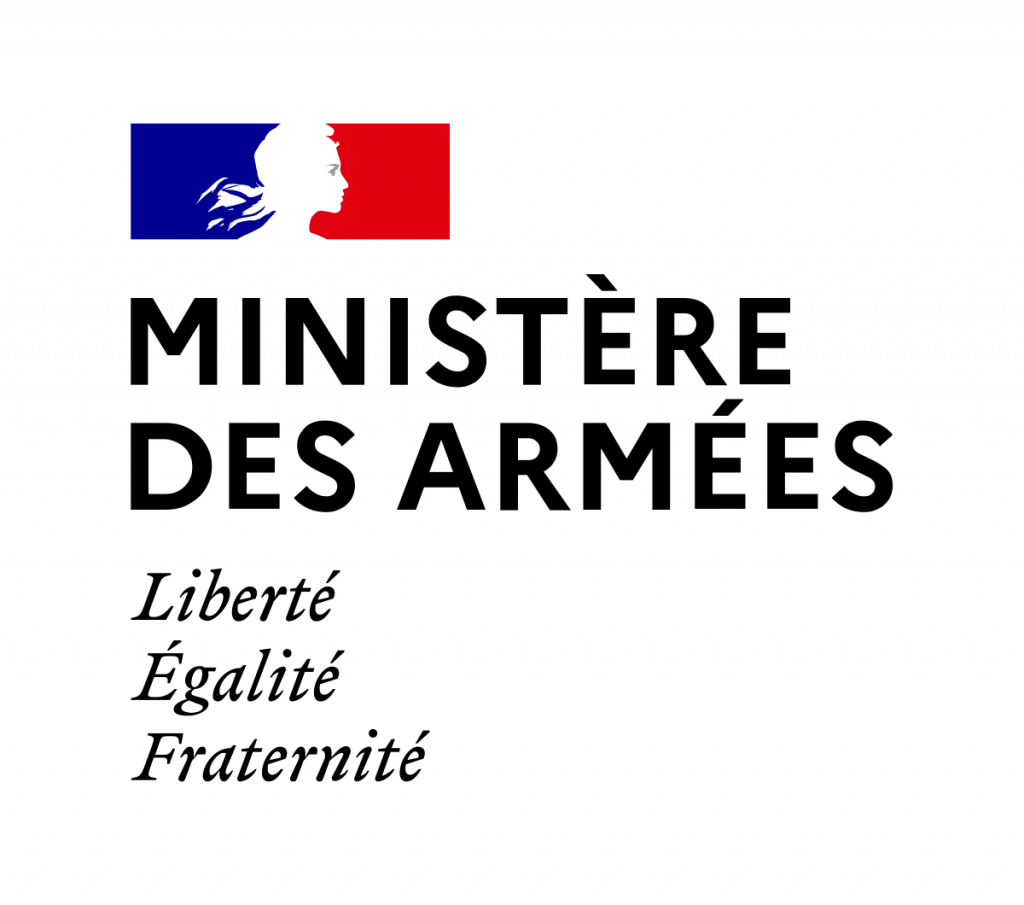We are pleased to introduce the members of our Advisory Board, who come from academia, administration, ministries, and international organizations. The respective organizations are listed below, accompanied by quotes highlighting the collaboration.
Members from Australia:
Members from Belgium:
Federale Overheidsdienst Volksgezondheid
"The specific attention given to the protection of the marine environment and food safety in this research on remnants of war provides valuable information and support to facilitate decision-making." - Nele Desplenter
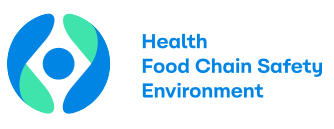
Federal Belgian Minister of the North Sea
“The REMARCO project symbolizes our determination to ensure the safety and sustainability of our marine environment. Through innovative technology and international expertise in dealing with remnants of war, we are taking an important step towards clean and safe marine resources.” - Kim Meeus
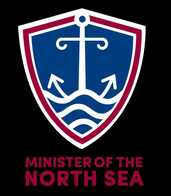
"Specially interested in underwater cultural heritage and of course environmental and food issues. Learning from other approaches." - Marnix Pieters
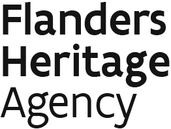
Members from Canada:
"I think REMARCO is an important next step for cleaning up the hazardous legacies of past conflicts in the North Sea. Through international collaboration, it seeks to assess, monitor, and remediate underwater munitions, thereby making an important contribution to public safety and the health of marine environments, as well as the maritime economy and renewable energy industries. I’m honoured to be involved and will continue to offer any support that I can with historical research." - Alex Souchen
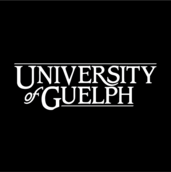
Members from Denmark:
"I am very happy to be part of the Advisory Board for the REMARCO project, which builds on the knowledge we gained from the North Sea Wrecks project. In North Sea Wrecks, we focused on describing the hazards from war wrecks in the North Sea. REMARCO picks up very nicely on this by applying a more direct problem-solving research approach, that is focused on remediation and mitigation. I am convinced the project group will generate important knowledge that will drive new solutions and stimulate an even better transnational collaboration on this global problem." - Katrin Juul Andresen

Royal Danish Navy Clearance Unit
"Learn for efficient ways to deal with ammunition (from an economic, technical and environmental point of view)." - Lars Møller-Pedersen

Members from France:
Members from Germany:
"[...] expecting to get as much information as possible on newest research results regarding wrecks and munition and to learn from the other Advisory Board members how other countries handle potentially hazardous wrecks and dumped munitions." – Dr. Anita Künitzer
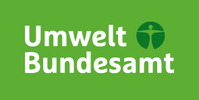
Ministry for Energy Transition, Climate Protection, Environment and Nature
"Obtain information and in addition also specific information related to specific wreck sites (dumping sites) and the intervention priorities to have an idea of what could mean a potential intervention. This helps us to set long-term priorities and estimate the effort of munitions recovery and remediation." - Antje Kress

Jens Sternheim (Former Chairman: German Expert Circle on Sea-Dumped Munitions)
Uwe Wichert
"Expect to contribute to and support the project with my knowledge and experience from the military archive." - Uwe Wichert
Members from International Organisations:
Members from the Netherlands:
Netherlands Cultural Heritage Agency
"Sunken war ships and the ammunition on board are both a possible threat to the marine environment and war graves for those who served on them. They are also the tangible remnants of a period in history that played a pivotal role in the shaping of our current society. The Remarco project faces the challenge to develop an integrated approach to deal with these wrecks that does justice to all these aspects”. - Andrea Klomp
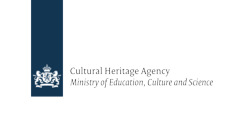
Members from Norway:
UiT Norway´s Arctic University
"REMARCO combines science, technology, archaeology and historical research to undertake research that is of contemporary relevance for our environment and safety." - Bryan Lintott

Members from Poland:
Institute of Oceanology - Polish Academy of Sciences
"Learn about processes to deal with munitions specially related to remediation and impact of the different means of remediation. Conclusions and lessons learned can be extrapolated. Establish long lasting cooperation between the Baltic and North Sea and extend the cooperation beyond the North and Baltic communities (find other communities from other EU seas and other geographical areas to expand the communities)." - Prof. Jacek Bełdowski
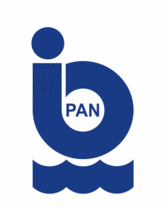
Members from the United Kingdom:
"The UK Ministry of Defence Wreck Management Programme team are delighted to be members of the Project REMARCO Advisory Board. To date, concerns surrounding legacy shipwrecks have focused on the oil remaining on many of them. However, this is only one facet of the problem and REMARCO is playing an extremely important role in investigating and communicating the threats posed by ammunition on wrecks. As such, its highly capable team are making a vital contribution to global efforts to manage the growing risks posed by polluting wrecks." - Matthew Skelhorn

Members from the United States:
US Army Engineer Research and Development Center
"It is a true honor to be a member of REMARCO’s advisory board. I have been conducting research on the ecotoxicology of munitions constitutes during most of my 25-year career. The outcome of projects under the REMARCO umbrella addressing the ecological and human health impacts of marine munitions in the North and Baltic Seas will have far-reaching influence around the globe, as little research is taking place elsewhere. Remediation of underwater munitions sites are highly complex and costly, and progress has been slow around the globe. Monitoring data and technological development applied to the North and Baltic Seas will be a game changer towards expediting remediation projects in other countries and the United States. Participating in REMARCO’s projects as an advisor will empower me as to act as an ambassador to foster information exchange and enlightenment of decision makers in my country" - Guilherme Lotufo
